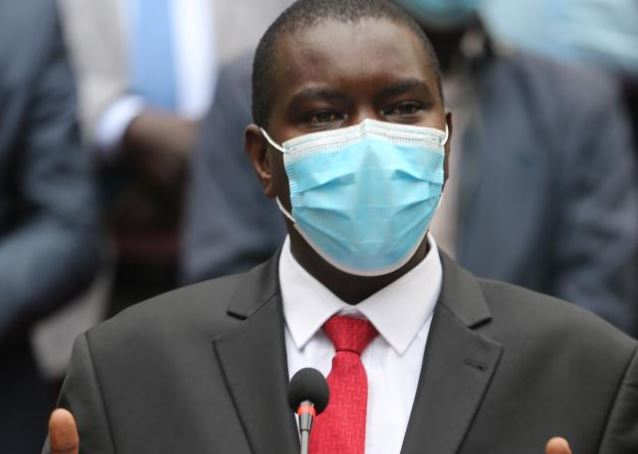×
The Standard e-Paper
Fearless, Trusted News

Uasin Gishu Governor Jackson Mandago (pictured) is a man not used to dissembling his feelings and emotions, or so it seems. He shares his unsolicited wisdom with gatherings across the country that delight in his musings.